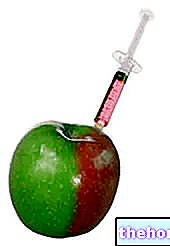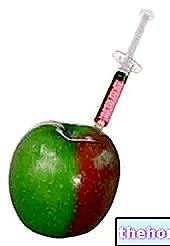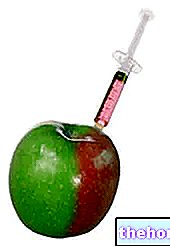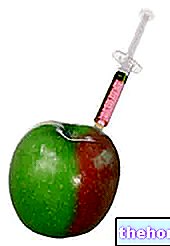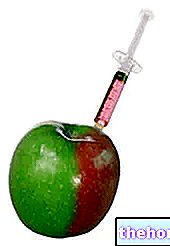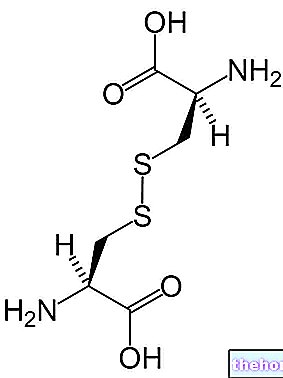E160d-LYCOPINE or LYCOPENE (C.I. 75125)
Lycopene is a food additive consisting only of hydrogen and carbon, belonging to the group of carotenoids. It is a red dye of natural origin (obtained from tomato).
It is important to underline that the quantity of lycopene present in the tomato depends on the degree of ripeness of the same. It has been calculated, in fact, that inside the ripe red tomatoes there are about 50 mg of lycopene per kg of product, while the concentration drops to 5 mg / kg in the less mature yellow varieties.
In addition to tomatoes, lycopene is present in melons, guava, pink grapefruit, blood oranges, carrots, apricots, etc. Its concentrations in human serum, on the other hand, depend on the intake of these raw materials.
The absorption of lycopene, being a lipophilic substance, is related to the presence of lipids in the diet: dietary fats, in fact, favor intestinal absorption.
Cooking food (such as tomato sauces, peeled tomatoes ...) increases the bioavailability of this substance, thanks to the disjunction of the protein complexes in which it is incorporated, and to the dispersion of crystalline aggregates of carotenoids. In this way, the consumption of lycopene is possible even in times when its supplying foods are not available because they are not in season.
Belonging to the group of carotenoids, lycopene possesses a "very high antioxidant capacity and for this reason it is very interesting for possible therapeutic applications: it seems, in fact, to be the most efficient oxygen quencher among carotenoids (thanks to its structure, to the presence, that is, of two further double bonds with respect to the structure of the other carotenoids).
Due to its antioxidant properties, it is presumed that the intake of lycopene can also play an important role in preventing cell aging, cardiovascular diseases and the onset of uncontrolled cell proliferation processes (it has tumor prevention activities as well as other carotenoids) .
American studies have shown that frequent consumption of tomato products reduces the risk of prostate cancer, and that high levels of lycopene can reduce the risk of cervical cancer by up to five times.
It appears that the lycopene used as an additive is not harmful and has no side effects.
ADI DOSE: /


